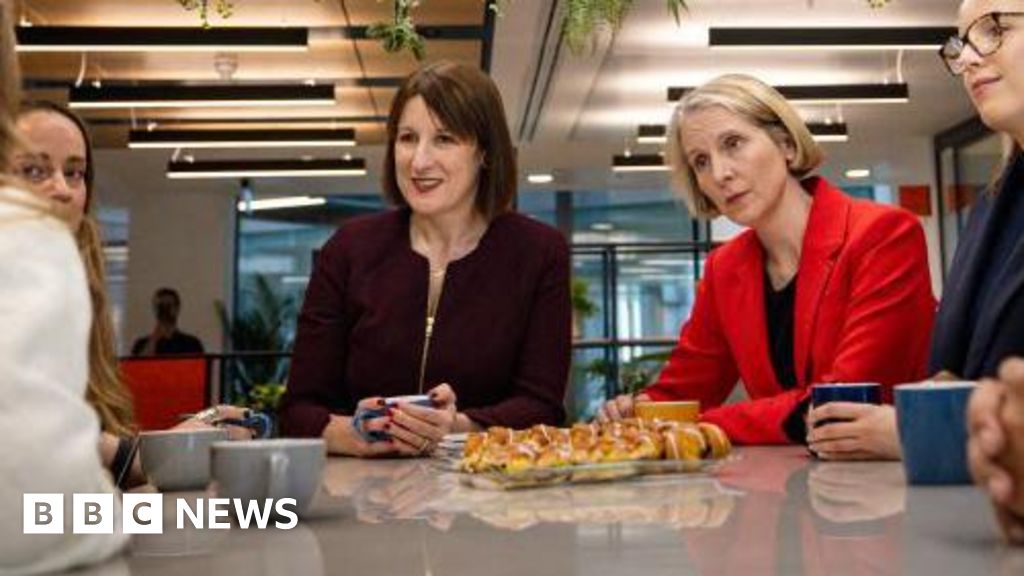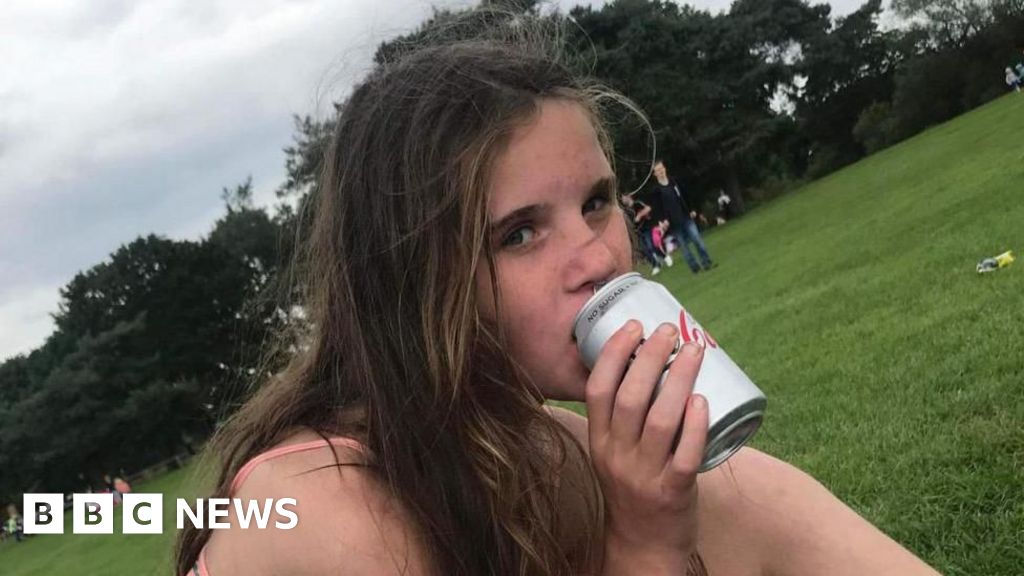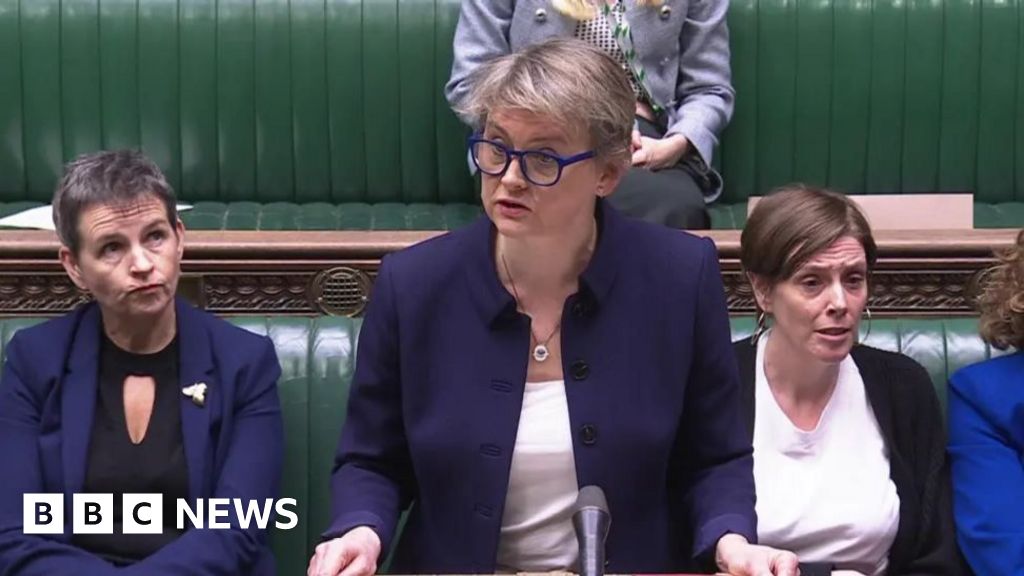ARTICLE AD BOX
Image source, Getty Images
The killing of a second MP in five years has thrown a harsh spotlight on the risks faced by politicians.
Home Secretary Priti Patel has asked all police forces to review security arrangements for MPs "with immediate effect" after Sir David Amess was stabbed to death at a constituency surgery.
Commons Speaker Sir Lindsay Hoyle has said he will review security at Westminster - although this is something that goes on all the time, with a terror attack still rated as likely.
There is a limit to what the authorities can do without locking MPs away from the public entirely.
Meeting constituents is a key part of an MP's job - and something most would be reluctant to give up.
But constituency surgeries are where they are at their most vulnerable, with no armed guards or security barriers to protect them, as there is at Westminster.
Image source, Getty Images
Image caption, Sir David Amess, who died on FridayConservative MP Sir Gary Streeter told the Plymouth Herald: "There are people who hate us (MPs). We are all committed to the democratic ideal of meeting our constituents but we may have to change the way we hold our surgeries. We are elected to give access to our constituents."
His Tory colleague Tobias Ellwood agrees, and said he would recommend that "no MP has a direct surgery" following Sir David's killing.
"You can move to Zoom...you can actually achieve an awful lot over the telephone," he told BBC Radio 4's The World Tonight.
However, Sir Lindsay said he had attended his own constituency surgery on Friday evening as normal despite the attack on Sir David.
The Commons Speaker told BBC Newsnight it was essential MPs retained their relationship with those they represented. "We have got to make sure that democracy survives this," he said.
Operation Bridger, set up after the murder of Labour MP Jo Cox five years ago, was designed to give MPs access to extra security for their homes and offices.
The outcome of that operation has varied in different parts of the country. The home secretary is understood to believe there should be a more standardised level of support and security for MPs as they go about their jobs.
Veteran Labour MP Harriet Harman said she will be writing to the prime minister asking him to back a Speaker's Conference to review the safety of MPs in their constituencies.
She told BBC Radio 4's Today programme: "Since Jo Cox's tragic killing, we've had changes in our home security, we've had changes in security in Parliament, but we haven't looked at the issue of how we go about that important business in our constituency, but do it in a safe way - and I think we must do that now.
"We cannot have the death of an MP being a price worth paying for our democracy."
Only six Speaker's Conferences, which seek to find cross-party solutions to major issues facing the Commons, have been held in the modern history of Parliament. The most recent one, in 2010, examined how to how to bring MPs closer to citizens and widen the democratic process.
What security is currently in place?
Most MPs do not get close protection while in their constituencies, but security was increased following Mrs Cox's killing.
All MPs were offered panic buttons, extra lighting, additional locks and emergency fobs at their homes and constituency offices.
The spending on such measures soared from £170,576 in 2015/16 to £4.5m two years later.
Image source, PA Media
Image caption, Armed police guard the Palace of WestminsterWhat changes do MPs want?
A cross-party report in 2019 on threats to MPs made several recommendations:
- Better reporting of crimes against MPs, councillors and elected officials
- More security should be given to MPs if they are facing specific threats - it should not be based just on the office they hold
- The media should reflect on "whether some of the language they use is contributing towards a culture of hate speech and violence"
The bigger issue, as some MPs have said in the aftermath of Sir David's killing, is the massive increase in abuse, intimidation and death threats MPs now have to face, driven by social media.
Their staff are also in the firing line, or have to spend part of their working day dealing with threatening messages.
Writing on social media, Jade Bottrill - a former member of staff for Labour MP Yvette Cooper - said: "Ultimately I left my last job because of the overwhelming death threats, I reported over 100 a week once. Usually was around 50 a week.
"All the police statements, the court cases, it was all just too much. Sending love to one of the bravest women I know right now, Yvette Cooper."
In 2010, Stephen Timms, Labour MP for East Ham, east London, survived a stabbing in his constituency office by an Islamist terrorist.
He has tweeted that he is "appalled" by the attack on Sir David.
Labour MP Jo Cox was shot and killed by white supremacist in 2016 outside a library where she was due to hold a constituency surgery.
Her sister Kim Leadbeater won the same Batley and Spen seat in Yorkshire in a closely fought election earlier this year.
But after the death of Sir David, Ms Leadbeater said her partner had asked her to stand down, saying: "I don't want you to do it any more."
She said the killing had left her "scared and frightened" and it was "horrific" that another family would have to go through what hers hard.
"This is the risk we are all taking and so many MPs will be scared by this," she said.
Mrs Cox's widower, Brendan Cox, tweeted: "Attacking our elected representatives is an attack on democracy itself. There is no excuse, no justification. It is as cowardly as it gets."
And Conservative MP Shailesh Vara told Newsnight there was "a lot more" aggression coming from the public towards elected representatives.
"The emails are a lot more hostile, the language is more aggressive," he said.
Former Labour MP Paula Sherriff told Newsnight that a balance had to be struck between keeping MPs and others in public life safe, and letting them give access to their constituents.
"The vast majority of MPs - irrespective of which party you represent - want to do the best for their constituents," she said. "We want to engage, we want to participate and we want to listen and we want to be where our constituents are."
'Ignorant cowards'
In his recent book, Ayes & Ears: A Survivor's Guide to Westminster, Sir David Amess wrote about how attacks on MPs had "spoilt the great British tradition" of voters meeting politicians.
He wrote about Mrs Cox's murder and how she had been attacked "in the most barbaric fashion imaginable" and about the 2000 machete attack on the Liberal Democrat MP Nigel Jones, which resulted in his aide Andy Pennington's death as he tried to protect him.
He also said he had himself experienced "nuisance from the odd member of the general public" at his own property.
MPs were issued with safety guidance for themselves and their families, Sir David wrote. and most had changed the way they interacted with voters.
He also mentioned frequently being abused online, and how "ignorant cowards" could remain anonymous.
"The law in this regard needs to be changed and updated as a matter of urgency," he added.
In the face of all these threats, the task of making the changes necessary to protect MPs now rests with Priti Patel and the Commons authorities.

 3 years ago
45
3 years ago
45








 English (US) ·
English (US) ·